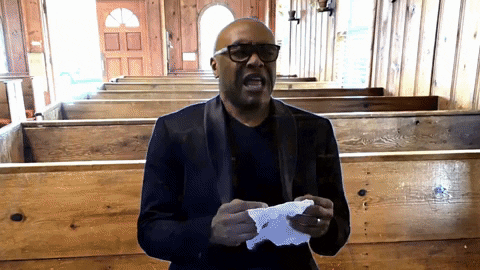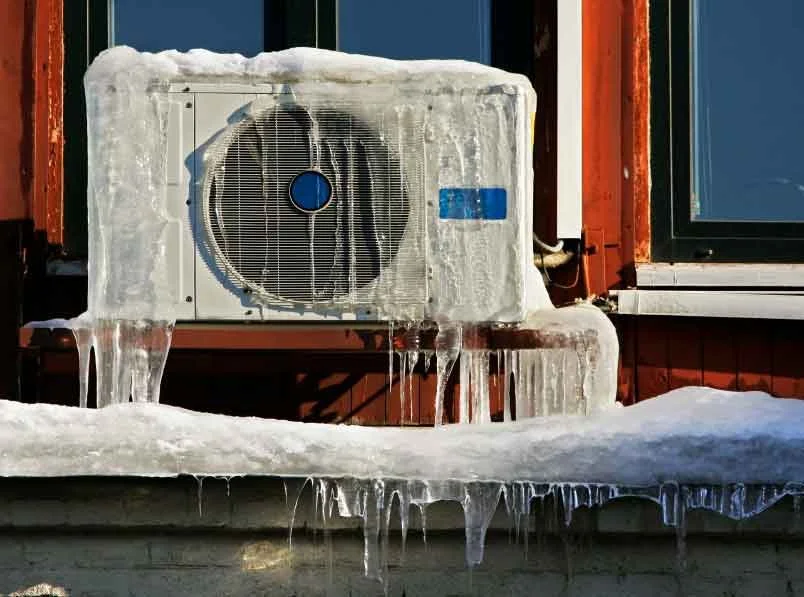Renters and apartment dwellers: look alive and stop wasting your money!
Because we’ve got a nifty list of energy-saving tricks below that won't violate your lease.
You may or may not know that things like buying new energy-efficient appliances or insulating your space can help decrease energy usage and save money on utility bills, but major changes like this to make a living space more energy efficient aren't always possible for renters.
Renters can't take on such huge renovation projects since even small changes could result in violating your lease. The good news here is that there are tricks and small ways that you can do to help save some money in the long term. With gas, water bills, and energy prices going up 30% it is important to think about saving energy. Turning off your lights, setting your thermostat to an ideal temperature, and showering instead of bathing are some ways to help cut down. Let’s dive into the rest!
9 practical ways to start saving now
1. Switch your lighting
Install smart lighting. Why? Because it's effective and easy. Swapping out a few light bulbs or overhead lights can have a huge impact on your monthly invoices. Smart lighting won't break the bank, and you can find several LED smart bulbs from reputable brands costing $20 a piece or less. If you want to save big on your electricity bill but don't want all the smarts, standard LED bulbs are a great place to start. With or without the smarts, LED bulbs are far more efficient than old-school incandescents. LED bulbs use about 75% less than incandescent bulbs.
2. Get the most out of your thermostat
Smart thermostats automatically adjust the temperature of your space and one of the most effective ways to save. Many newer apartments may come with smart thermostats already installed but what if you don't have that? You could always ask or talk to your landlord about installing one yourself. Regular thermostats are also effective; Energy Star says a programmable model used correctly can add up to $180 in yearly savings. To save the most, make sure you set your thermostat to the ideal temperatures in both winter and summer.
According to the US Department of energy, the best technique for staying cool and minimizing costs is to keep your home warmer than usual when no one is home. During the winter: it's best to keep your thermostat at 68 F for most of the day during the winter season and then turn the temperature down between 7 and 19 degrees when you are away or asleep.
3. Do the laundry the right way and wash your clothes cold
Washing in cold water can have major impact on savings since 90% of the energy used to wash a load goes into heating the water.
4. Unplug devices and appliances
Energy vampires are devices and appliances that consume electricity when they are plugged and not in use. Toasters and chargers can silently use up energy at all times and increase your bills. Unplugging can help you save money.
5. Shower smarter
The average American household uses more than 300 gallons of water everyday. Shortening your showers can help save you water bills.The EPA estimates that the average household can save up to $70 in annual water and energy costs.
6. Clean dishes the right way
Sid you know a dishwasher uses less water and less energy than hand-washing? Yep! Cleaning dishes in the sink can use up to 27 gallons of water per load, while a dishwasher can use as little as 3 gallons per load.
7. Look for leaks and other maintenance issues
A simple water leak like a constantly running toilet or a window that's not fully sealed can cost you big time. Check your apartment regularly and let your landlord know.
8. Set your water heater to it's ideal temperature.
The Department of Energy says hot water heating can account for 14 to18% of an average utility bill. Simply turning your water heater down could save you up to $400.
9. Calculate what you should be spending
Be mindful about your state's average cost of utilities to make sure you're not overspending.
The average cost of utilities for renters is $240 a month. This includes the basic utilities most apartment dwellers and renters are responsible for. Electricity, gas and water. The number will fluctuate based on location, usage and additional fees like trash, pest control, cable and internet costs.
You can use this interactive map to check the average cost of utilities in your state. You can also use an energy cost calculator to estimate your monthly residential energy usage.



















